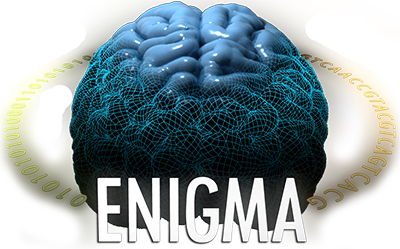ENIGMA ORIGINs
Organization for Imaging Genomics in Infancy
The prenatal and early postnatal period represents the foundational phase of human brain development, while infancy and early childhood are characterized by explosive brain growth, the emergence of functional brain networks, and dramatic advances in cognitive ability. Many genes associated with mental illness show elevated expression in early life, and early aberrations in neurodevelopment relevant to psychiatric disorders can be captured via neuroimaging as evidenced by studies of infants at high familial risk for schizophrenia or autism spectrum disorders. Members of the ORIGIN working group include investigators from different centers around the world who are actively engaged in neuroimaging research in infancy and early childhood. Our overarching goal is to determine how genetic and environmental factors influence the development of brain morphometry, anatomical and functional connectivity, and cognitive and emotional function from birth to age 6. We are currently working to secure funding for genome-wide genotyping in cohorts that have not previously had this opportunity. Specific goals include:
- Identify genes influencing neurodevelopmental trajectories from birth to age 6 using multivariate GWAS approaches.
- Develop predictive models for cognitive ability and emotional functioning using genetic variation, environmental risk factors, and neuroimaging phenotypes, and
- Clarify how genetic risk for psychiatric disease manifests in infancy and early childhood.
Please contact Dr. Rebecca Knickmeyer for additional information.
See here for an example of this working group's publications (Aug 2017): Genome-wide association analysis identifies common variants influencing infant brain volumes.
ENIGMA on social media:


